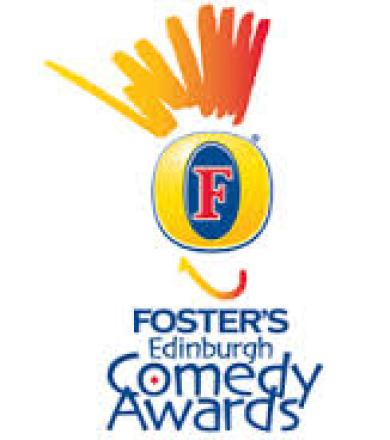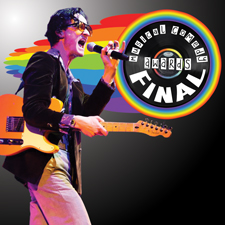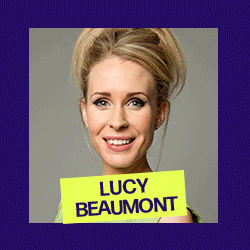
As the posters are ripped down and the bills are paid up comedians everywhere will be asking themselves whether it was worth going to the Edinburgh Fringe this year. Some have won awards, some have had good reviews, but for many the experience has been a steep learning curve. Even many of the performers who had decent attendances will have been shocked to discover that they attracted minimal attention from major press outlets.
I blogged at the start of the Fringe that journalists are being increasingly swamped by review requests. There might be an infinite amount of space on the internet, but no critic can turn out review after review and maintain a decent quality of writing and their sanity. Apart from various other reasons about time, space and shrinking budgets, I spoke to a fellow critic and we agreed that there were simply too many three star shows on the Fringe this year. Perfectly passable entertainment, you wouldn't ask for a refund if you'd bought a ticket, but hard to get worked up about and hard to persuade an editor to pay you to write "this show was quite good. Not doing anything original but it made me laugh a few times. Seen better, seen worse."
Which brings me to the Foster's Edinburgh Comedy Awards, where at least most of the seven nominees were worth writing about. Once again there seemed to be the classic tension among the judges about choosing between the crowdpleasing and the cerebral. For me – not a judge this year – the choice seemed to be the feminism of Bridget Christie with her heartfelt tribute to outspoken Pakistani schoolgirl Malala Yousafzai or Seann Walsh with his heartfelt tribute to his 24-hour off-licence. Both shows were out and out funny – that's why they were nominated for what is a comedy award after all, but they could not be more different. Walsh is a Live at the Apollo-style future superstar, I don't think we will be seeing the winner Bridget Christie doing her militant Bic biro routine on Michael McIntyre's Comedy Roadshow.
The Edinburgh Comedy Awards often seem to throw up this stand-up split. In 2009 Tim Key beat John Bishop in what I got the impression was a very fiercely argued tight vote. In 2005 offbeat character comedian Laura Solon won, while Jason Manford picked up a nomination. Daniel Kitson "beat" Jimmy Carr in 2002. Back in 1998 Tommy Tiernan won while some bloke called Peter Kay was merely nominated. "Straight" stand-up often seems to draw the short straw in the ballot. I fought hard to get Michael McIntyre considered for the main award the first time I saw him but he had to make do with a Best Newcomer nomination.
So why do the more "arty" acts tend to triumph? The panel often feels slanted in favour of these acts. There are usually broadsheet critics on the panel who may go for the acts that are a little more creative. There are rarely tabloid journalists on the panel who might be less fussy and vote for the simply funny. And then there are the members of the public on the panel. They are often comedy obsessives who see so much stand-up week-in, week-out, that they are looking for something different on the Fringe. Even the C4 and Sky representatives on the panel might want more than just future Apollo-fillers. It was interesting to hear Steve Coogan say that the Fringe has become too commercialised recently, because it doesn't feel that way to me.
This is an issue about comedy in general, but the Edinburgh Fringe in particular. Should it be about provoking thought, as the likes of Christie, Kitson, Will Adamsdale and others have done or should it be simply about tickling the Bishop-shaped funny bone. While you can find both on the Fringe, the awards chatter seems to be about comedy of the head, while elsewhere in the post-Live at the Apollo world mainstream gag merchants dominate. It was not always this way. Frank Skinner (1991) and Lee Evans (1993) were out and out traditional jokers. I'd say that the last full-on no-frills funny bloke to win the Edinburgh Comedy Award was Al Murray's Pub Landlord in 1999. And actually even he was a multi-layered fictional character.
This year's result underlines how comedy is very much currently split down the middle, with the massed ranks of middle-of-the-Roadshow comics on one side and the kind of new wave comics that would appear on Stewart Lee's Alternative Comedy Experience on Comedy Central on the other. Of course dissenters may be able to point to exceptions, but it is noticeable how few recent winners of the Foster's Award have come from the mainstream style the stand-up. It seems as if you can currently have fame and fortune and a primetime TV audience or you can have the Edinburgh Comedy Award. But I'm not sure if these days you can have both.






